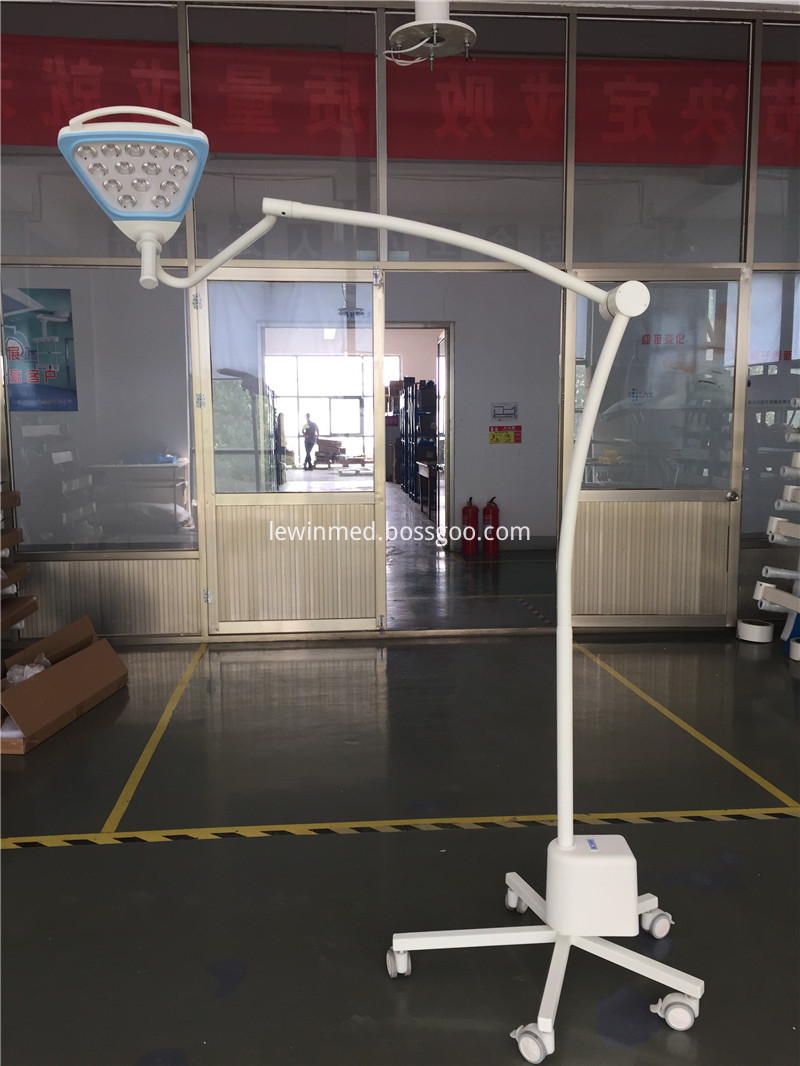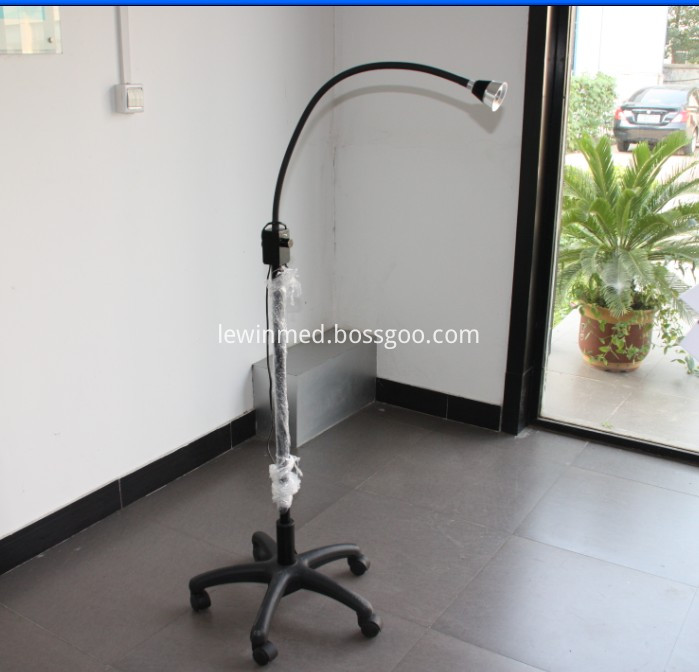Release date: 2008-01-28
Whether children's cold medicines are safe or not, some companies recalled that the flu season caught with the cold of winter, but parents who are looking for cold medicine for sick babies can't pick the right products in the pharmacy as they used to. Although parents can still buy cough and cold medicines for children over 2 years old in pharmacies, these products may not be returned in the near future. It is reported that the US Food and Drug Administration (FDA) will hold a meeting to discuss the safety and effectiveness of cold medicine for children under 6 years old. In the United States, children have been selling cough and cold medicines over the course of over 40 years in the form of over-the-counter drugs. However, a recent action by an FDA advisory board and pharmaceutical company raises the question: Is there a potential for cough and cold medicine in children? The danger (due to possible misuse), or no treatment at all? FDA spokeswoman Rita Chappelle declined to say the exact date to be discussed, she just said that the meeting will be held in the next few weeks.
Voluntary recalls, not related to the FDA Several pharmaceutical companies have voluntarily recalled flu, cough and congestive medications for infants on the grounds that they are at risk of overuse. As of now, the recall is limited to drugs used by children under 2 years of age.
If the FDA takes action such as restricting the sale of cough drugs for children, then pharmaceutical companies will suffer a cold spell. In fact, they are currently plagued by lawsuits. And if the FDA makes provisions that are not conducive to these treatments, then such lawsuits may appear one after another, not to mention the substantial income loss that may result from this.
The Consumer Healthcare Products Association, an organization that represents major manufacturers and distributors of over-the-counter drugs, estimates that annual sales of cough and cold drugs in the United States total $311 million. AC Nielsen, a market research firm, reported that sales of colds and cough medicines for children under 6 years of age increased by 20% between 2006 and 2007.
DA started the debate in August 2007, when a public health bulletin was issued, saying that a government advisory panel, the Over-the-Counter Medicine Advisory Committee (NDAC), will meet in October to produce cough and cold drugs for children. The impact of the review. On October 17, NDAC concluded after the meeting that parents should not use these drugs for children under 6 years of age.
Previously, Johnson & Johnson, Wyeth and Novartis voluntarily recalled 14 oral infants with cold, cough and congestive drugs. In their recall action statement, no company mentioned the FDA. Johnson & Johnson, which participated in the recall, issued a statement on its website saying: "We have realized that a small number of misuses have led to the occurrence of individual overdose, which is mainly present among children under the age of 2. Therefore, We voluntarily recall these concentrated colds and cough medicines from the market.†FDA spokesperson Rita Chappelle said the voluntary recall was not required by the FDA and was entirely a decision made by the pharmaceutical company itself.
Cases can be found, related to side effects NDAC issued a statement after the meeting pointed out that children with cough and cold drugs are not only potentially dangerous (because of possible misuse), and have no therapeutic effect. Sean Hennessey of the University of Pennsylvania School of Medicine, one of the committee members, said there is no evidence that these drugs are therapeutically effective.
So what prompted these pharmaceutical companies to voluntarily take recalls and have the FDA advisory group meet specifically for discussion? An important ingredient in cough and cold medicines for infants and children under 6 years of age is dextromethorphan. When this cough suppressant is erroneously metered, it produces large side effects, especially for children.
Pediatrician Giuseppe Dellorusso has been practicing medicine in the East Rockaway area of ​​New York for 16 years and he has never recommended these cold and cough medications for children. He said that these drugs will speed up heart rate, cause excessive irritation, all side effects are well documented, and parents do give their children excessive use of these drugs.
Excessive use of cough drugs is often fatal: from 1969 to 2006, 54 death reports received by the FDA were associated with congestive drugs, and 69 deaths were reported to be associated with antihistamines. One of the deaths occurred in October 2001, when Dimitria Alvarez of Illinois discovered that her son had died in a crib, so she sued Walgreens and Johnson & Johnson. According to the description of the lawsuit, we learned that because her son had a cold, Alvarez gave him two drugs containing dextromethorphan. Alvarez claims that the two companies clearly know that dextromethorphan is dangerous but never tells consumers.
If the FDA adopts the recommendations of NDAC, then pharmaceutical companies may face more lawsuits. But what pharmaceutical companies are now more worried about is the impact of FDA's actions on their economic interests, and their business in the US market may suffer losses.
Doubt still exists, it is recommended to throw away the box of medicine. After the pharmaceutical company took a voluntary recall in October, many parents expressed their anger and confusion through the Internet. What is even more confusing is that some pharmacies continue to sell certain drugs that have been recalled in November. Although the recall is voluntary, it is a matter for pharmaceutical companies to remove drugs from the store shelves. In this case, drug evacuation has become difficult, in part because some pharmaceutical companies have third-party distributors.
In San Francisco, a food and pharmaceutical retailer, Safeway, also displayed a box of recalled drug Triaminic Thin Strip at the end of November at Market Street, 2020 for consumers to buy. On the other hand, New York State Senator John Sabini, representing Jackson Heights, Elmhurst and Coron in New York City, conducted a survey and found that 14 of the 26 pharmacies in the three blocks were still being sold for recall. drug. However, since then, all pharmacies have removed recalled products from the shelves.
For parents, they don't know what alternative medicines are, or how to deal with medicines that have already been bought home. Pediatrician Giuseppe Dellorusso said that after the recall was announced in October, the mother of a sick baby took a box of recalled drugs and asked him what to do. Dellorusso advised the other party to throw the box away! ——Midi Medical Network
Lewin Medical standing flexible arm led Examination Lamp. mainly used in a variety of clinic, it`s move portable, flexible and unlimited space, especially to meet the hospital emergency, obstetrics, pediatrics and other departments to use, the lamp is equipped with flexible rotation medical casters and brake device configuration, can be conveniently placed at any position. Examination Lamp constant power control,:security, accuracy and maintain accurate color temperature. Continuously adjusting brightness wihile the color temp remains same.


Examination Lamp
Examination Light,Mobile Examination Lamp,Examination Lamp,Floor Type Examination Lamp
Shandong Lewin Medical Equipment Co., Ltd. , https://www.operatinglight.nl